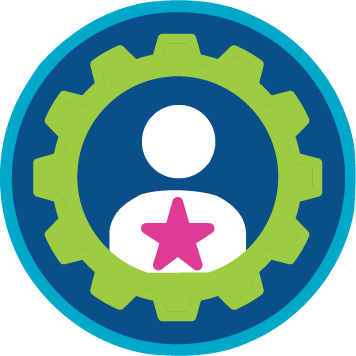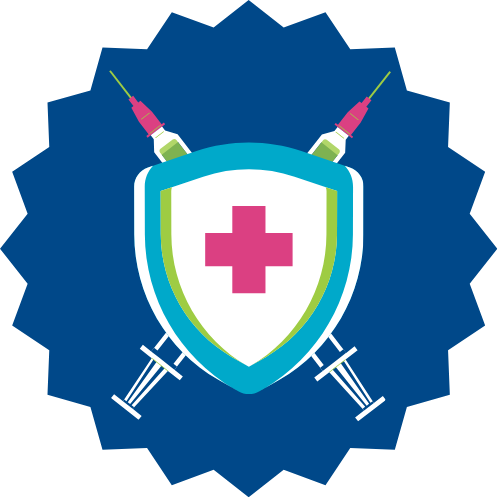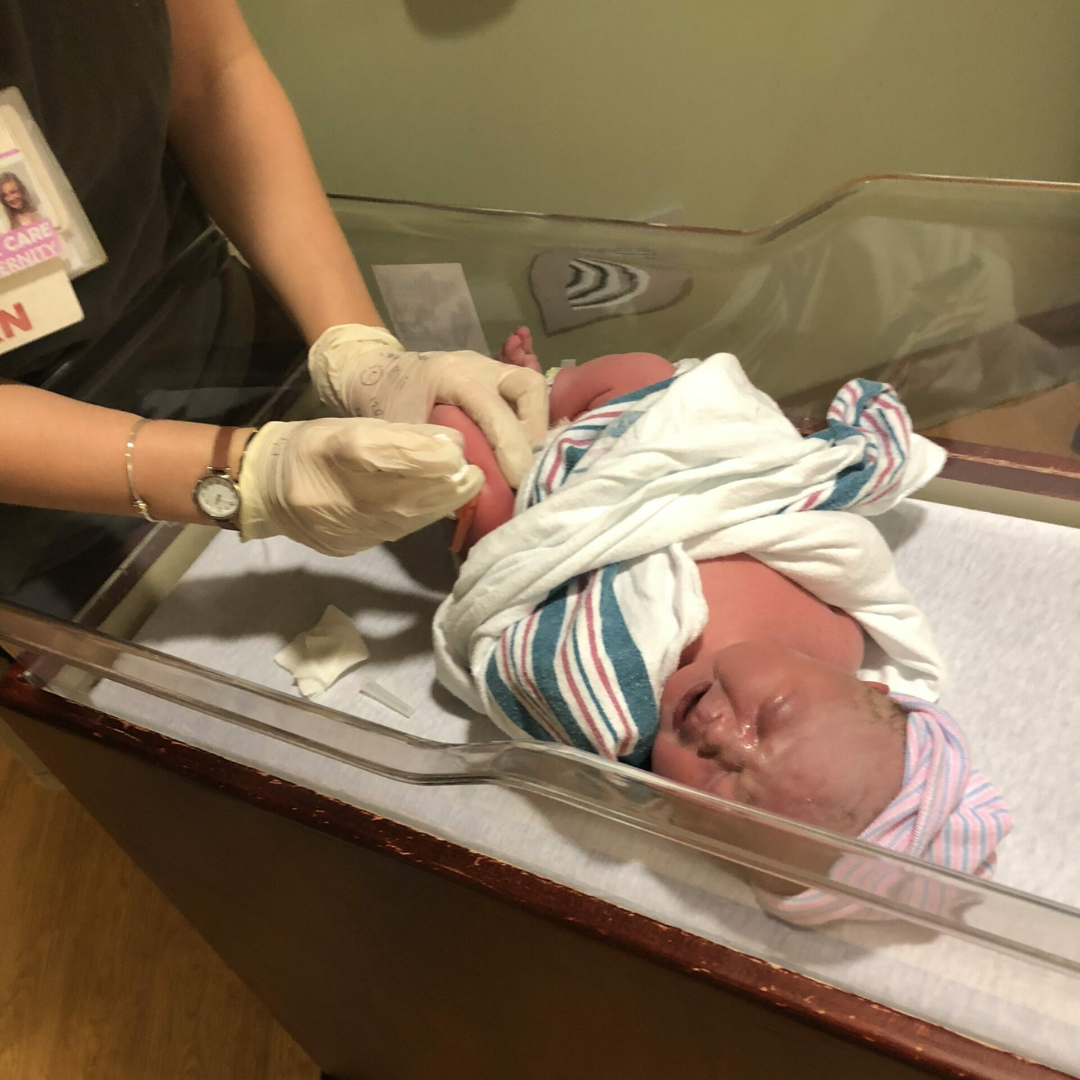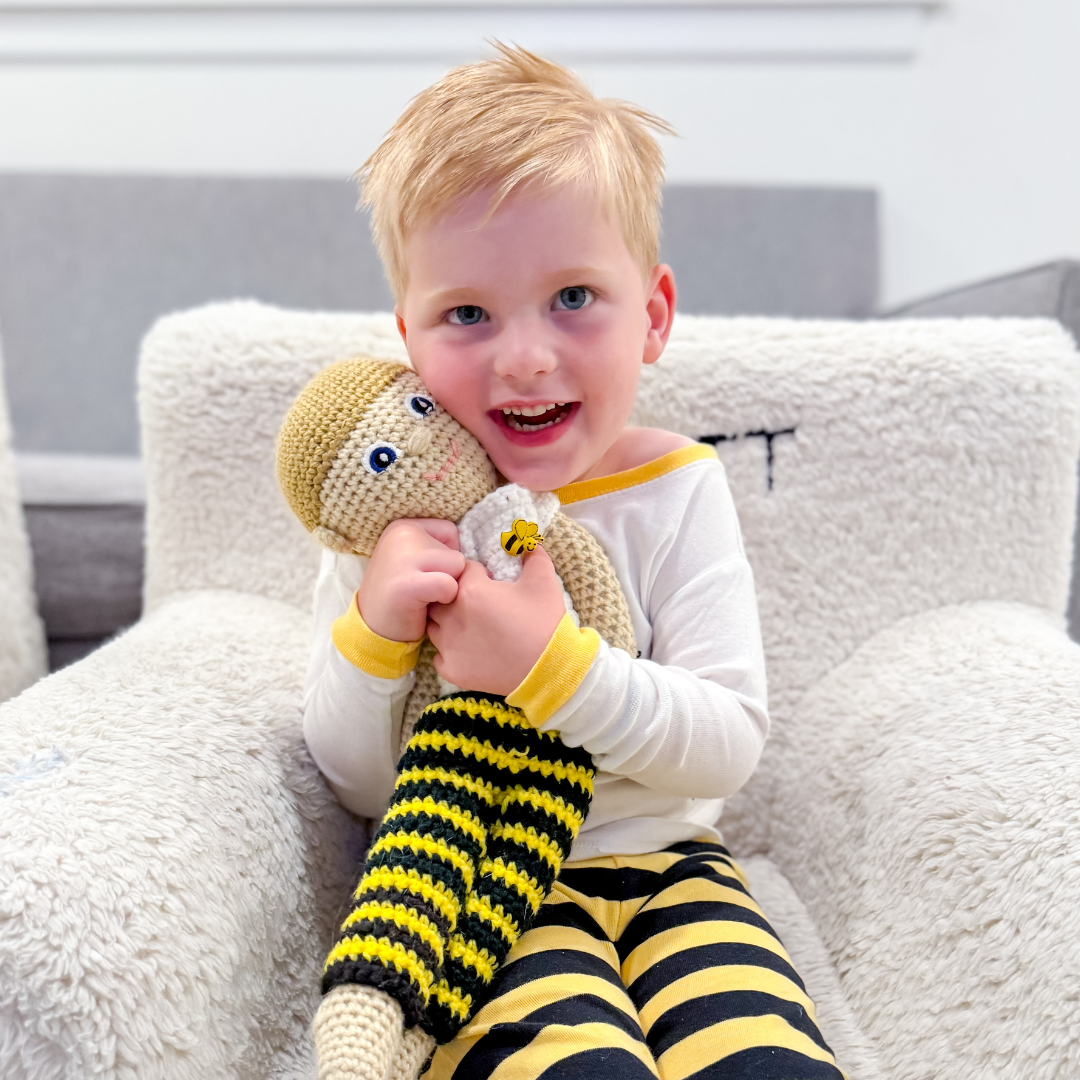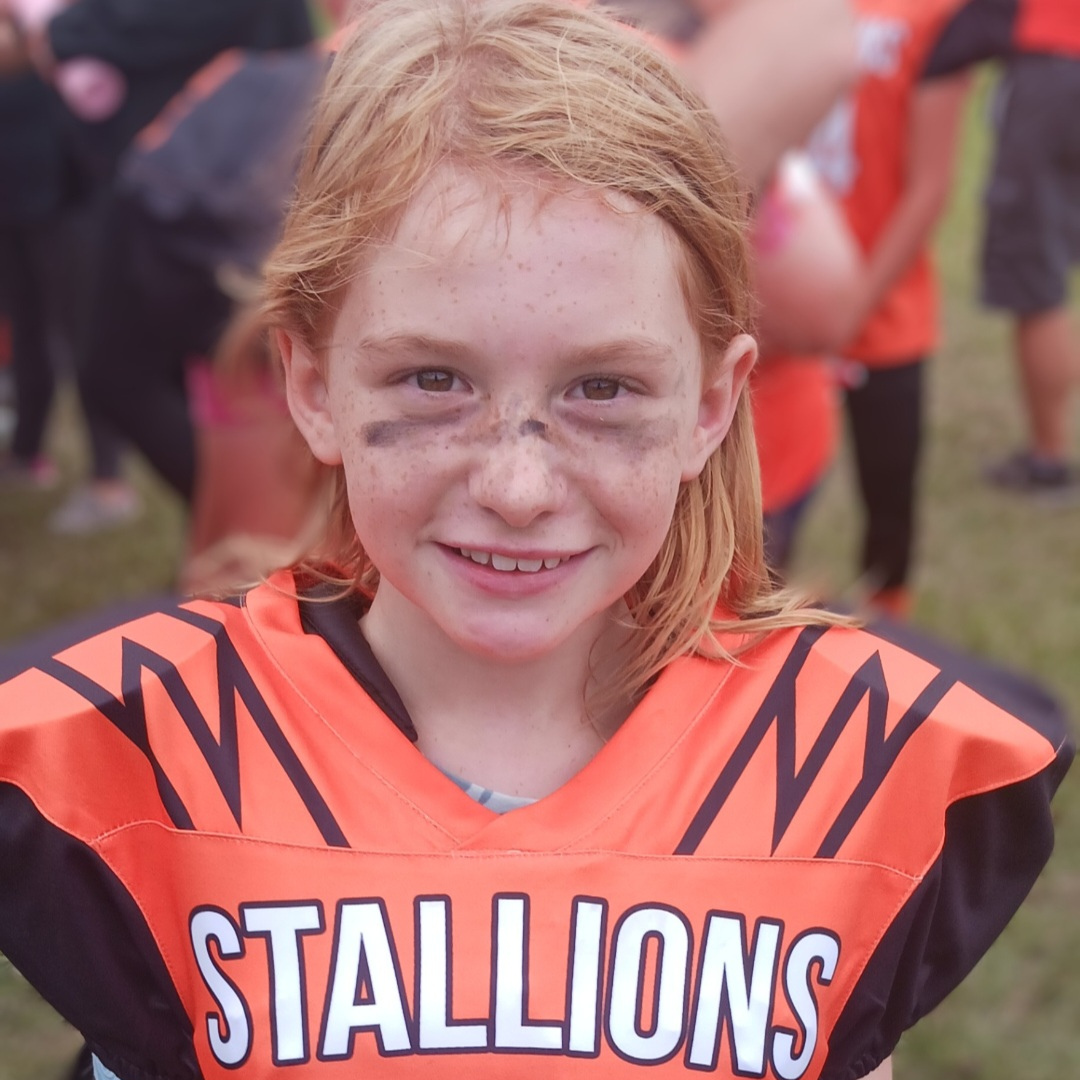by Melissa Staricha
I grew up in a small town. My life revolved around church and religious education. My best friend’s father was very into alternative medicine, and it was almost a joke among us: What’s he into now? As kids, we made faces over vibrant green concoctions with liquid chlorophyll and powdered mineral mixes.
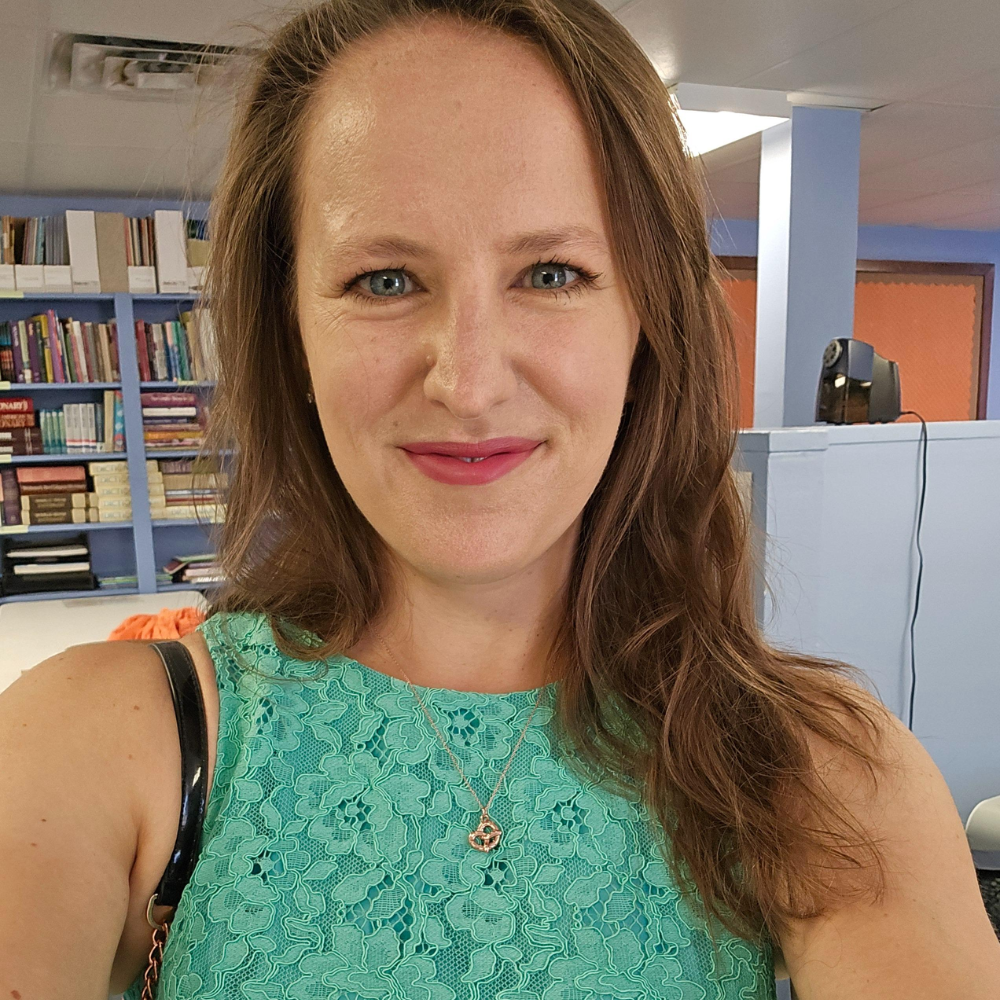
Through the religious community, I was exposed to skepticism around science & what the outside world had to offer. There was a lot of hand-wringing when the Gardasil vaccine was released. I refused to get it because my community taught me that abstinence until marriage was the only acceptable sexual ethic. From my perspective at the time, I didn’t need a vaccine to protect against something I couldn’t catch, and I was taking a stand for my community’s sexual ethos.
Getting to My ‘Crunchy Phase’
As a teen, I worked at a local, privately owned pharmacy. There, the seeds of alternative views flourished. Supplements were encouraged alongside pharmaceuticals, and many customers sought us out for our expansive alternative medicine department. I remember getting supplement shipments from Europe and sending them across the U.S.
Shortly before I got the pharmacy job, I got very sick. I almost died from appendicitis because the hospital waited several days to operate. While I was thankful to have survived, it turned into a new ordeal. The pain didn’t go away, and I was dealing with debilitating pain and more digestive symptoms. I dealt with complications for a year and a half after the surgery, and it took a second surgery to fix the problems caused by the first one.
During that time, I also suffered from some adverse drug reactions, which was the final straw. I didn’t feel seen or cared for by the medical community. I felt like my pain and suffering were minimized and ignored, and the consequences, in my case, had been life-threatening.
I entered what I lovingly call my crunchy phase. I became fascinated by alternatives and their possibilities instead of what the mainstream medical community said. I scoured the internet for blogs and articles, exploring my newfound convictions. It firmly solidified my anti-vax beliefs.
When it came time to enter college, I was horrified that I needed vaccinations to attend. Because I was not in a stable living situation, I knew that college was the only way forward, but I felt so conflicted. I waited until the last possible minute and cried when I got the boosters. It made me feel so dirty. I was so angry that I had to get vaccinated for meningitis, too. There was no way I was going to catch that!
What Changed My Mind
In college, I met my future husband. As our relationship became serious, the subject of children came up, which led to vaccines. I was adamant that I wouldn’t vaccinate future children. He was kind about it, but he pushed back. He challenged me to look into the pro-vaccine position and what vaccine-preventable diseases were. I started looking into the pro-vaccine side, intent on proving him wrong.
The descriptions of vaccine-preventable illnesses floored me. I’ll never forget sitting on my bed and reading what tetanus was actually like and imagining my future child’s bones breaking from the strength of muscle contractions due to a bacterial infection. After what I’d been through with my own pain and suffering, I was more aware of how much the body can take and survive. The idea that we could prevent that on a global scale staggered me. I couldn’t explain away the fact that vaccines were preventing human suffering.
As I thought more about vaccine-preventable diseases, I realized I knew people who had suffered from them. I had a teacher who was crippled by polio. My grandfather almost died of diphtheria and missed an entire year of school as a child. The story still goes around the family of the night the doctor visited and told my great-grandmother that if her son lived through the night, he might have a chance of survival. I didn’t want others to suffer like that.
It took me a long time to start getting my own vaccines updated though. I waited several years to get my first tetanus booster, and I was so scared. I nervously waited for signs of the vaccine injury to set in, but nothing happened. My arm was a little sore, but otherwise, I was ok. It took a few more years before I started getting the flu shot yearly. My trust grew as I experienced those moments. I was taking steps to prevent potential suffering, and the minor discomfort didn’t cause me any new suffering.
Talking Through Our Frustrations
Thinking back on my crunchy phase, I realize that I was desperate for a sense of agency after a terrifying medical experience that left me estranged from my body and in fresh pain with no answers.
I met a lot of people who had stories about how modern medicine failed them.
I’m also dealing with this tension in my own life again – my mom became anti-vax during the COVID pandemic, even though she got me vaccinated as a child. That’s led to some strange conversation reversals. Years ago, I was calling her and crying over why she got me vaccinated as a baby. Now, she’s calling me and begging me not to get another COVID booster. It’s painful in both directions.
It’s painful to look back and see how much deeper my problems went. I needed a sense of control and safety in a world that had broken so much of my body at such a young age when I didn’t have the resources to handle it. It’s painful to know that my mom is unprotected from COVID because she sees such danger in vaccines and that her sense of distrust goes so deep. We recently lost my aunt after a horrific, multi-year cancer experience, and I can see how some of the seeds of frustration and distrust began while watching her sister suffer.
The best I can say is that kind conversations help. It’s important to remember that there are people with their own set of life experiences, frustrations and needs on the other side. We can share the value of maintaining relationships even when our ideas disagree. It’s important to keep respect going both ways, alongside honesty and willingness to listen in hard conversations. My mom hasn’t changed her mind, and vaccines are not a subject we discuss much, but I hope that one day, she’ll change her mind like I did and see the value in prevention.
Melissa Staricha is a writer, literacy tutor, military spouse, and an enthusiastic cook. She currently lives in Louisiana with her husband and two cats. She hopes that her story will incite curiosity and questions as readers process their choices. Her story, like all others on this blog, was a voluntary submission. If you want to help make a difference, submit your own post by emailing us through our contact form. We depend on real people like you sharing experience to protect others from misinformation.

